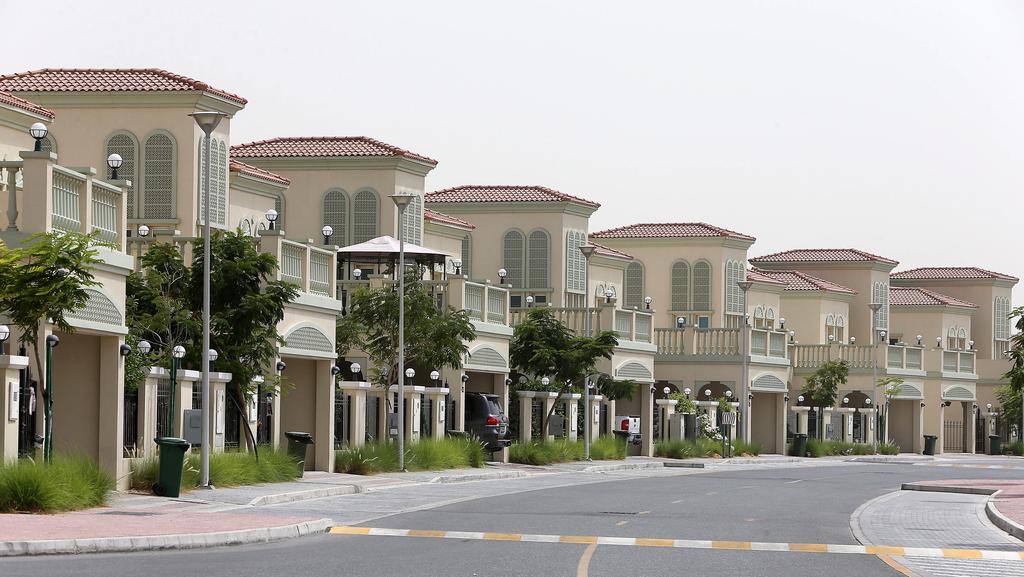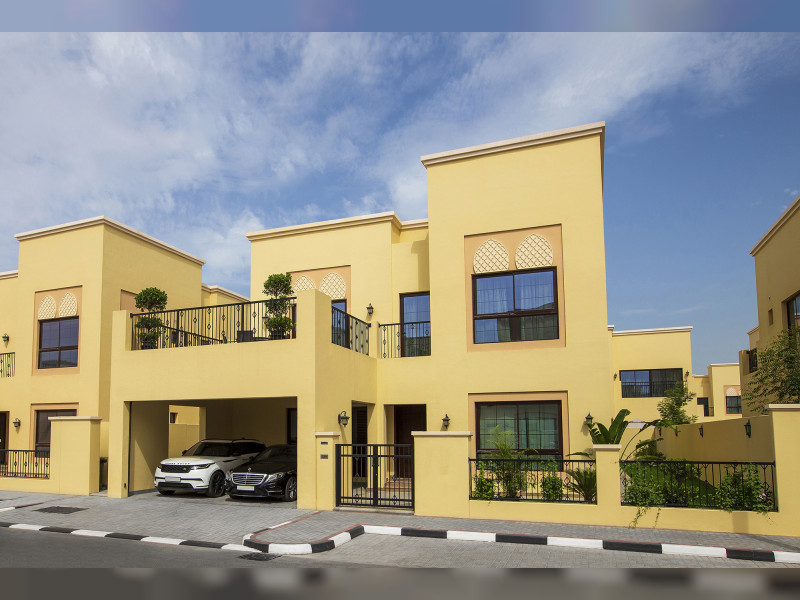Dubai, UAE— The UAE’s property market has seen a remarkable growth in recent years in the construction of residential and office spaces, a testament to the nation’s unwavering commitment to progress and innovation.
This unprecedented growth in the real estate sector not only reflects the dynamic economic landscape of the UAE but also underscores its ambition to foster vibrant communities and thriving business hubs.
From the glittering skyline of Dubai to the modern metropolis of Abu Dhabi, ambitious urban development projects have been reshaping the architectural horizon, redefining the concept of contemporary living and workspace environments.
A report released by JLL indicated that the strong performance of the office space sector in the UAE is due to continued strong demand coupled with a limited supply of office space.
While this situation strengthens the position of owners in both the emirates of Dubai and Abu Dhabi, it is expected that the completion of new projects will ease the upward pressure on the sector.
Uptown Tower in Jumeirah Lakes Towers, the first significant office space project to be completed in the Emirate of Dubai this year, was finished in the third quarter. With this project, the emirate’s overall rental stock increased by 46,000 square meters to 9.2 million square meters. The fourth quarter of this year should see the completion of an extra 72,000 square meters of office space in Dubai.

In Abu Dhabi, the demand for office space was primarily driven by government and semi-government institutions, which remain the city’s primary tenants. It is estimated that another 41,000 square meters of office space will reach the market in the Emirate of Abu Dhabi this year, bringing the total supply to around 3.9 million square meters.
How about rent?
In terms of rents, average rental prices for Class A space within Dubai’s central business district increased by about 11 percent compared to last year, reaching AED 2,300 (US$ 626.1) per square meter per year, according to the report.
While the vacancy rate in the central business district remained stable at 10 percent, tenants are advised to act swiftly so as not to miss out on prospects because landlords are becoming more likely to impose stringent rental terms and limited bargaining opportunities.
Rental costs increased as the average vacancy rate dropped 22 percent in Abu Dhabi, the country’s capital. The average annual rent for Class A space in Abu Dhabi has risen to AED 2,000 (US$ 544.5) per square meter, a 13 percent increase over the previous year.
Faraz Ahmed, Research Consultant at JLL, sees that: “With an increasing number of global companies establishing their offices and branches in the UAE, the limited availability of high-quality office space increases the pressure on increased rent prices in the short term.”
Tenants should be prepared for stiff competition for prime locations since landlords may be less amenable to negotiating in the current market. Despite the above, 113,000 square meters of office space will join the market in Dubai and Abu Dhabi due to the completion of several large projects during the balance of the year, which will assist in reducing pressure on commercial properties.
Other sectors, including residential units, retail outlets, hospitality, and hotels, continued to achieve substantial growth in performance, strengthening the country’s position in the United Arab Emirates in the real estate sector, according to Ahmed.
Residential Market
The UAE residential sector has experienced extraordinary expansion because of persistent demand. The third quarter of 2023 saw villa sales in the Emirate of Dubai surpass the 2014 high point.
As a result of a surge in recently announced projects in strategic locations like Dubai Maritime City, Expo City, Me’aisem II, and the revitalized Palm Jebel Ali project in the Emirate of Dubai, as well as within investment areas, particularly township projects, the residential units sector is experiencing remarkable growth.
JLL’s report indicated that more than 50 percent of the upcoming supply for the next two years is concentrated in Dubailand, Mohammed bin Rashid City, and Jumeirah Village. However, rising development costs and land prices are expected to encourage real estate developers to explore opportunities in secondary locations, diversify their investment portfolios, and expand their reach outside prime areas.
In addition, the value of residential unit transactions in the Emirate of Abu Dhabi amounted to AED 6.6 bn (US$ 1.8 bn) in the third quarter, a significant increase of 50 percent compared to the same period last year.
In the Emirate of Dubai, sales prices increased by 20 percent, while rents increased by 22 percent from the beginning of 2023 until August compared to the same period last year.
The average selling prices of villas in Dubai also reached their highest increase after exceeding 8 percent, the peak recorded in 2014. In the Emirate of Abu Dhabi, selling prices increased by 3 percent, while rents increased by 1 percent compared to last year.








